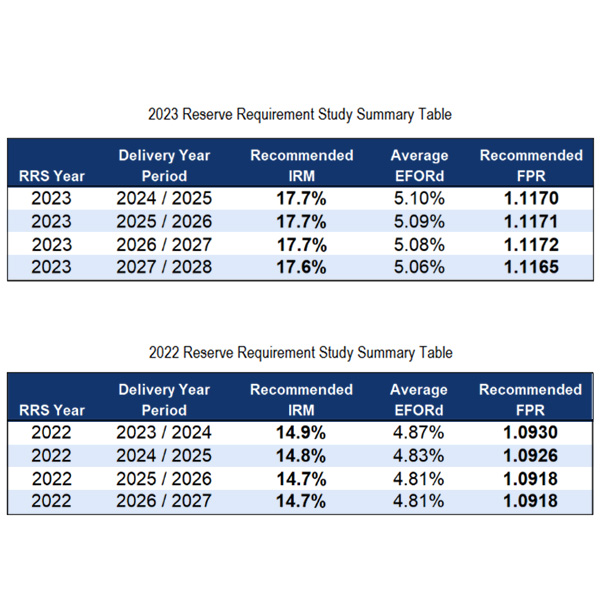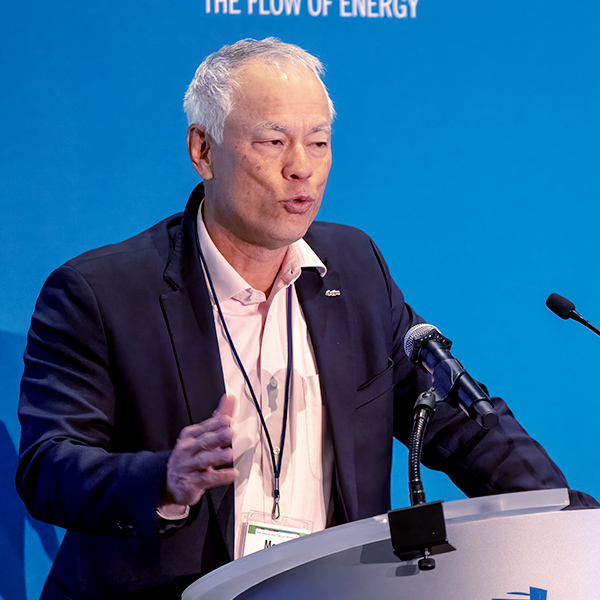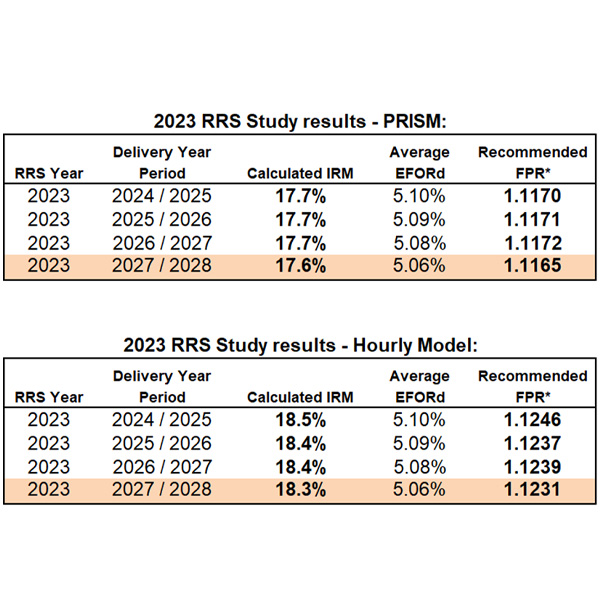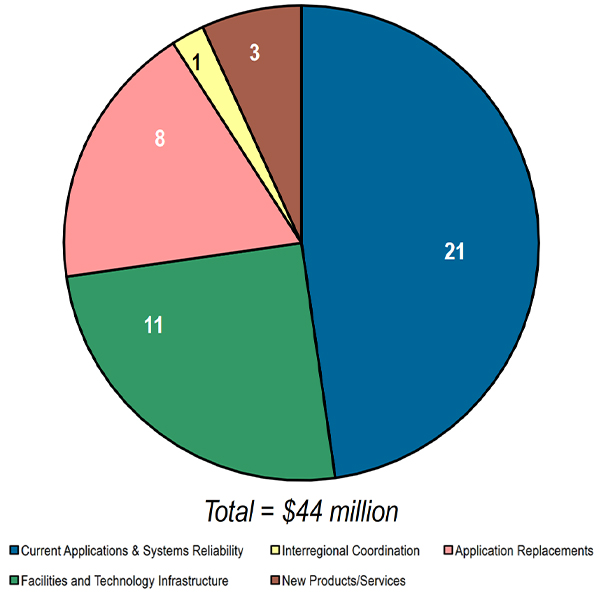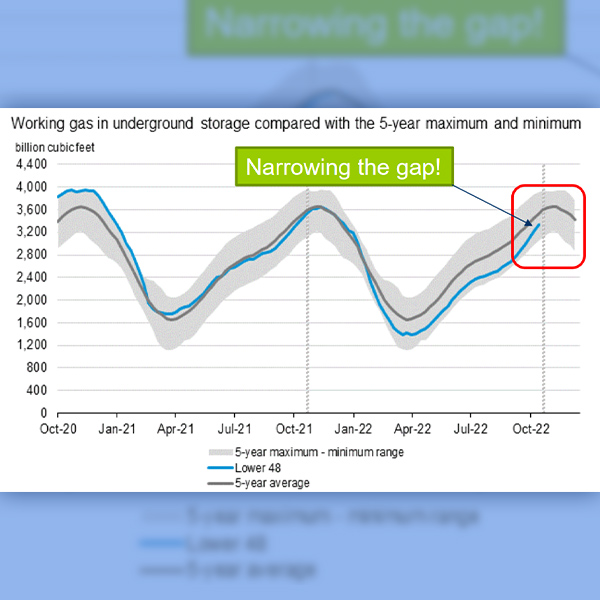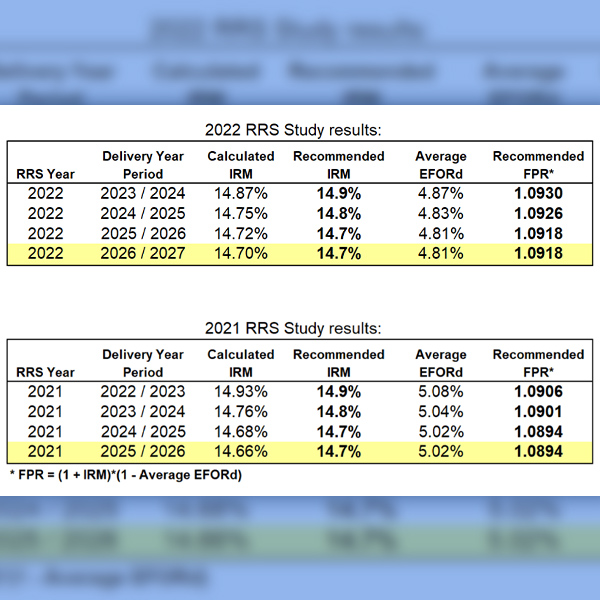reserve requirement study (RRS)
The Planning Committee endorsed the recommended values in the 2023 Reserve Requirement Study, which would increase the amount of reserves that PJM aims to procure for the 2027/28 delivery year.
PJM reported that synchronized reserve resource operators have reported several reasons for shortfalls in their response rates, including operating under a ruleset FERC rejected last year.
PJM's Markets and Reliability Committee endorsed issue charges, opening stakeholder discussions on generator deactivation timelines and a potential overhaul of the reserve markets during its Sept. 20 meeting.
PJM members recommended various avenues for the RTO's Board of Managers to consider as it weighs a possible FERC filing incorporating components of proposals made during the critical issue fast path process.
PJM brought a quick fix solution before the Planning Committee, seeking to address the frequency and magnitude of load forecast adjustments being requested by electric distribution companies.
The 2023 Reserve Requirement Study, which PJM presented to stakeholders, would lead to an uptick in the targeted reserve procurement level.
PJM stakeholders approved a load model for the 2023 reserve requirement study during the Planning Committee's Aug. 8 meeting.
PJM's Planning Committee discussed the recommended load model to be used in the 2023 Reserve Requirement Study (RSS), while the TEAC gave an update on the ongoing third window of its 2022 RTEP and the opening of the 2023 RTEP later this month.
The PJM Operating Committee has endorsed the winter weekly reserve target values, which are used to coordinate planned outages scheduled during winter.
The PJM Planning Committee voted by acclamation to endorse the results of the 2022 Reserve Requirement Study.
Want more? Advanced Search
